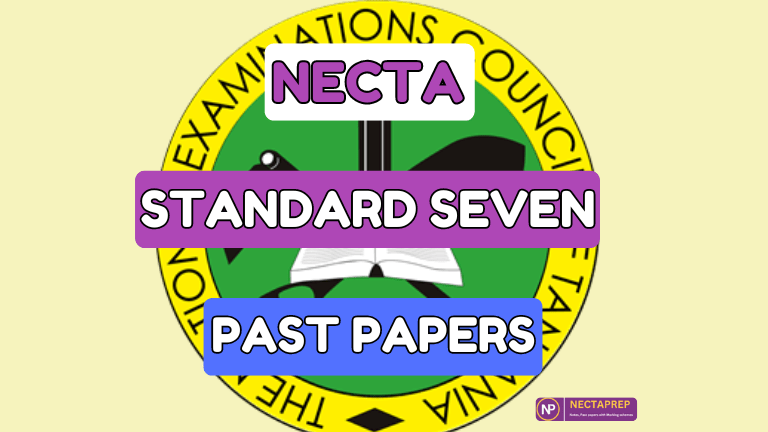Essay writing is a skill that anyone can master with the right strategies and consistent practice. This skills is not only for students but they can be very helpfull to those who also want to increase and inproves their writing skills. Whether you are a student preparing for exams or someone looking to improve their overall writing ability, this article is for you.
why it is important to master Essay Writing Skills?
Essay writing is more than just an academic exercise, it is a means of communication that allows you to articulate your thoughts, argue a position, and convey information clearly and persuasively. Mastering this skill can help you succeed in various fields, from academia to business and beyond.
In this guide we provides 10 actionable strategies to help you become a better essay writer. Let’s dive in!
1. Develop Strong Writing Habits
Good writing begins with strong habits.
- Schedule regular sessions: Dedicate specific times for writing in a distraction-free environment. Consistency builds skill over time.
- Create a dedicated space: A quiet and organized area can help you focus better.
- Set achievable goals: Break your writing tasks into smaller, manageable steps and track your progress. This makes the process less overwhelming and more rewarding.
2. Read Extensively
The best writers are often avid readers.
- Learn from others: Analyze essays, articles, and books to understand various writing styles.
- Incorporate effective techniques: Observe how professional writers present ideas and use similar methods in your work.
- Broaden your perspective: Reading widely exposes you to different viewpoints and improves your ability to express ideas clearly.
3. Enhance Research Skills
Thorough research forms the backbone of any well-written essay.
- Use diverse sources: Combine information from books, journals, and reliable online databases.
- Evaluate credibility: Ensure your sources are accurate and trustworthy before using them in your essay.
- Organize notes: Keep your research well-structured to make writing easier.
- Avoid plagiarism: Always cite your sources properly using appropriate referencing styles.
4. Adopt a Clear and Concise Writing Style
Clarity is more important than complexity.
- Avoid overcomplicated vocabulary: Write simply and directly to make your ideas easy to understand.
- Focus on precision: Every word in your essay should serve a purpose. Avoid fluff and redundancy.
5. Master the Art of Editing and Revising
Great essays are not written; they are rewritten.
- Proofread meticulously: Look for spelling, grammar, and punctuation errors.
- Revise for clarity: Simplify confusing sentences and ensure your essay flows logically.
- Trim unnecessary words: Keep your essay concise by removing redundant phrases.
- Seek feedback: Share your draft with someone you trust for constructive criticism.
6. Set Writing Goals and Reflect on Progress
Goals give your writing direction.
- Define clear objectives: Know what you want to achieve with each essay, whether it’s improving structure, grammar, or argumentation.
- Assess your progress: Regularly evaluate your strengths and identify areas where you can improve.
7. Minimize Distractions
Stay focused to produce your best work.
- Turn off notifications: Avoid interruptions from your phone or social media.
- Avoid multitasking: Concentrate solely on writing during your designated time.
8. Use Structured Outlines
A well-planned essay is easier to write.
- Draft an outline first: Start with the main points and add supporting arguments.
- Stick to a logical structure: This ensures your essay is cohesive and easy to follow.
9. Seek Constructive Feedback
Feedback helps you grow as a writer.
- Share your work: Ask peers, teachers, or mentors to review your essay.
- Act on suggestions: Use their input to strengthen your arguments and refine your style.
10. Practice Regularly
Practice is the key to mastering any skill, including essay writing.
- Write consistently: Make writing a part of your routine, even if it’s just a few paragraphs a day.
- Experiment with different styles: Try various types of essays, like narrative, descriptive, or argumentative, to expand your skills.
Essay writing might seem challenging at first, but with dedication and these proven strategies, you can steadily improve. Remember, the journey to becoming a great writer starts with small, consistent steps. Keep practicing, stay patient, and enjoy the process of expressing your ideas!









Leave a Reply